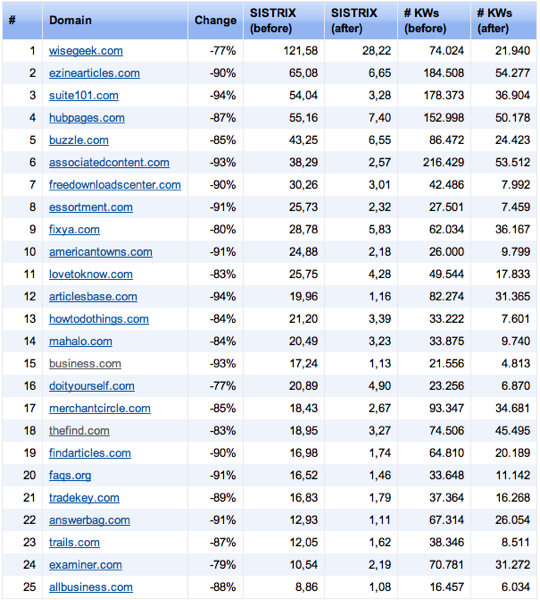Google has announced a new incarnation of its Panda algorithm. Dubbed Panda 3.4 by Search Engine Land, the change is expected to affect around 1.6% of search queries and is already being implemented.
In an unusual move, Google announced the change with a brief message on Twitter. The two internet companies have shared a strained relationship in recent months, exacerbated by the launch of Google’s personalised search service. Representatives of Twitter (and other social media networks) argued that Search Plus Your World favoured Google’s social network over those administered by competitors. Representatives of Google suggested that its mandate to crawl other social networks was limited. Whether this Panda announcement signals improved relations between the two companies remains to be seen, although many observers are hoping for renewed collaboration.
Panda was originally designed to stem the tide of low-quality content that affected Google’s search results at the time of its conception. Since the first version was released in February 2011, there have been numerous alterations and updates to Panda, improving its ability to distinguish between high- and low-quality content. Its impact has been far-reaching, causing controversy among some webmasters who felt their sites were unfairly targeted and penalised by the algorithm. Recent surveys have nevertheless suggested that search users are increasingly satisfied with Google’s performance and the quality of results it delivers.
Webmasters who are frustrated by the pace of change should focus on delivering a high-quality user experience, rather than reacting to individual algorithm changes. The precise nature of the latest Panda update is up for debate, and will not become clear until rigorous testing reveals its true nature or a further announcement is made by the search engine operator. Although the estimated percentage of searches affected by the latest change is minimal, the total number of searches affected is likely to be substantial.Google Tweets latest Panda update


